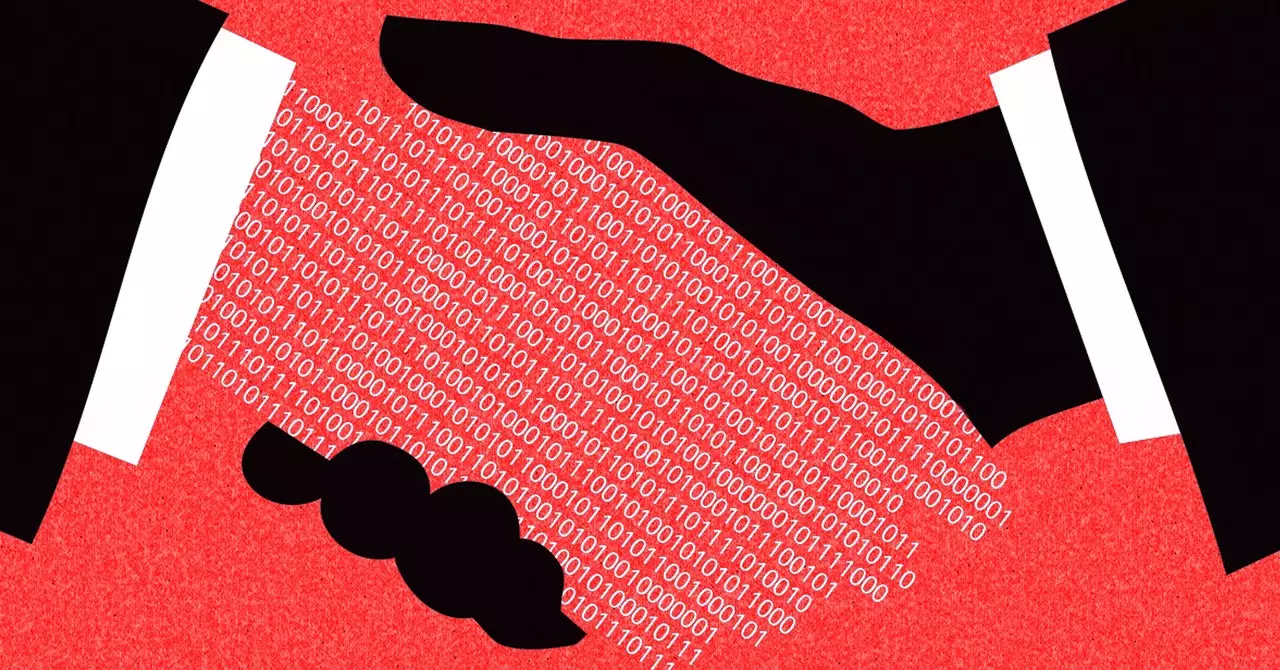The rise of artificial intelligence has led to groundbreaking advancements in technology, but it has also introduced complex ethical and legal debates—especially regarding data usage. As AI developers seek to leverage the vast and diverse repository of content on platforms like YouTube, a significant challenge has emerged: how to do so legally and ethically. Historically, many AI companies have engaged in scraping YouTube content without explicit permission, raising concerns among creators whose work vulnerable to exploitation. However, a promising solution is emerging from a startup called Calliope Networks, which is spearheading a licensing program known as “License to Scrape.”
Understanding the Landscape of AI-Content Interaction
Despite the immense popularity and influence of YouTube as a content-sharing platform, it has yet to establish clear agreements or guidelines for AI companies that wish to utilize its material. Unlike other platforms, such as Reddit, which have actively negotiated with AI firms for content usage rights, YouTube has remained largely disengaged from this critical dialogue. Enter Calliope Networks, which is striving to bridge the gap between YouTube creators and AI technology firms through a methodical licensing approach.
The driving force behind Calliope Networks is its CEO, Dave Davis, whose background in traditional media licensing shapes the company’s vision. Recognizing a palpable demand for YouTube content from AI developers, Davis aims to create a framework that allows for legal and systematic access to creators’ intellectual property. By facilitating conversations and agreements between AI companies and individual creators, Calliope seeks to revolutionize how content can be utilized in AI training while ensuring that creators receive fair compensation for their contributions.
At its core, Calliope Networks’ “License to Scrape” program is designed to simplify the licensing process, making it attractive and straightforward for both YouTube creators and AI companies. The proposal centers around a collective licensing agreement, whereby a group of creators can collectively negotiate licensing terms. This strategy aims to streamline the process, making negotiations more efficient and potentially more lucrative for content creators.
However, for this initiative to gain traction, Calliope Networks will need a substantial foundation of content to present to AI developers. Davis estimates that a critical mass of around 25,000 to 50,000 hours of licensed video content will be necessary to make the program competitive and appealing. This focus on volume highlights a crucial aspect of AI training—large datasets are often essential for building effective models. By banding together, creators can leverage their combined content to establish a more formidable position in negotiations with tech companies.
The Role of Influencer Marketing Agencies
The endeavor is not just about algorithms and content; human connections play an essential role. Calliope Networks is actively working with influencer marketing agencies to onboard YouTube creators to the licensing framework. Collaborations with established agencies like Viral Nation, which beta-tests the program with a diverse roster of creators, can significantly increase visibility and engagement. The agency’s head of content licensing, Bianca Serafini, has reported positive feedback from creators, signaling the likelihood of widespread participation in the program.
This collaborative spirit could create a new model of collective negotiation, allowing smaller creators to benefit from the success of their larger counterparts. As the AI landscape continues to evolve rapidly, influencers may find they can channel their creativity and resources into something profitable while retaining control over their work.
Despite the optimism surrounding Calliope’s initiative, challenges lie ahead. Securing widespread commitment from creators will be vital, yet it remains to be seen if influencers are willing to relinquish any aspects of their content rights. Building trust in this new model will require transparency and ongoing dialogue.
Moreover, the legal landscape surrounding AI and content reuse is still maturing, making it imperative for Calliope to navigate potential legal pitfalls while establishing itself as a thought leader in this space. However, if successful, “License to Scrape” could set a precedent that not only empowers content creators but also redefines the relationship between AI technology and digital media. The intersection of AI and content creation is just beginning to evolve, and Calliope Networks is at the forefront of this promising innovation.

